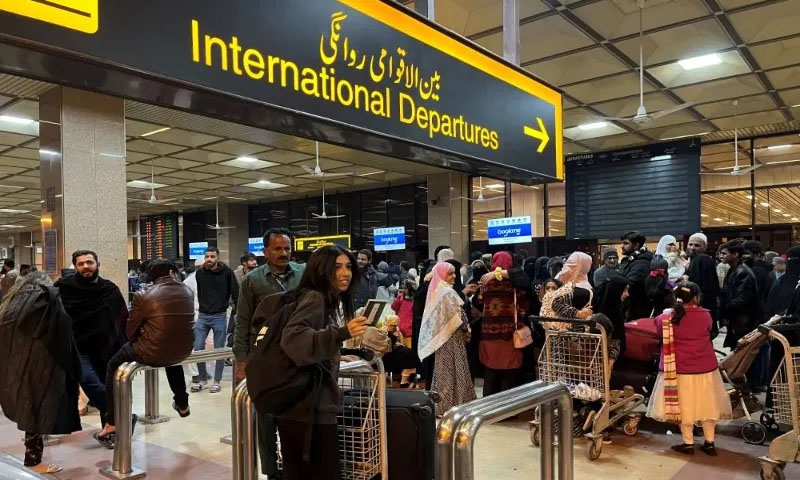Report by Engineering Post
Pakistanis going abroad to various countries in search of employment and better living standard number about 13.43 million in 52 years from 1971 till February 2024.
According to the facts and figures in this regard available from the Bureau of Emigration and Employment during the year 2022, around 829549 Pakistanis had got themselves registered with the Bureau for overseas employment. This represented a threefold increase as compared to 2021. The reason for this has officially been attributed to lack of economic opportunities at home, rising inflation , political instability and a variety of other factors.
These figures are obviously of those Pakistanis, mostly the youth, who prefer official procedures for going abroad in search of better employment opportunities suited to their academic qualifications and experience in different technical and engineering fields and even otherwise .
Gulf Cooperation Council (GCC) member countries are the top destination for the intending emigrants. Most of the emigrants registered with the Board are unskilled or low-skilled workers, and, consequently , they earn less than a third of what a skilled worker earns.
Anticipating and matching skills supply and demand for migrant workers is thus crucial for maintaining Pakistan’s attractiveness as a source of skilled migrant workers. The certification of skill and qualification acquired formally or informally was a “gateway” to finding a job and accessing further training for re-skilling and up-skilling.
The Bureau sources pointedly stated in response to queries that this was in the greatest interest of the emigrant workers to have better recognition of their skills, as this could potentially lead to a better job matching and improved wages.
This initiative also contributed to supporting the federal government while implementing the National Strategy “Skills for All” which provides a road map for preparing for the challenges and gaps of the Pakistani industry and developing the youth for the Fourth industrial Revolution.







